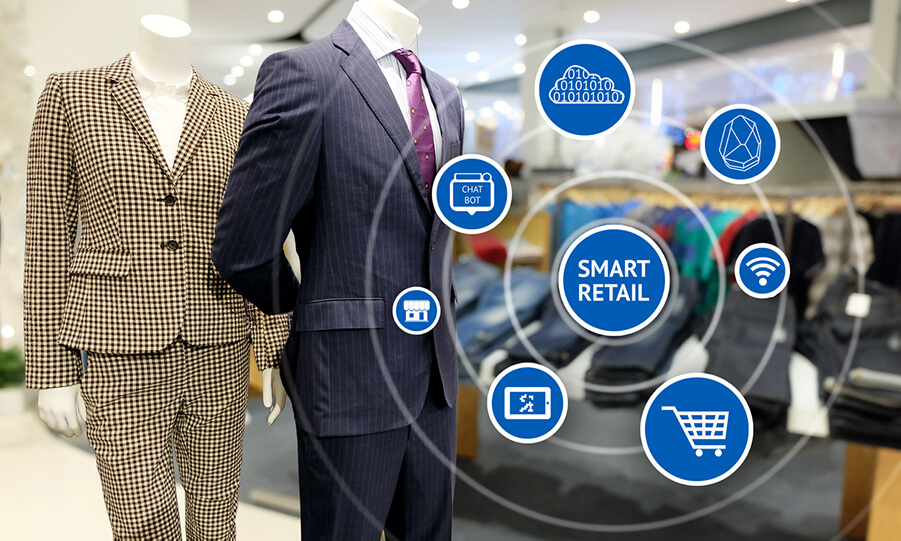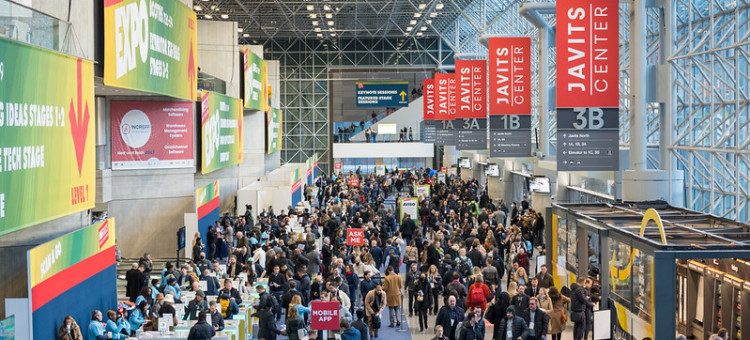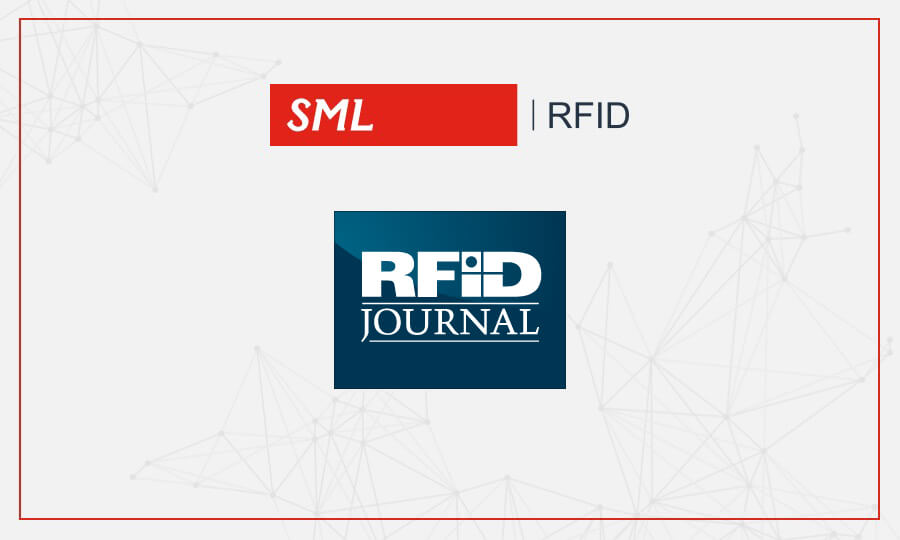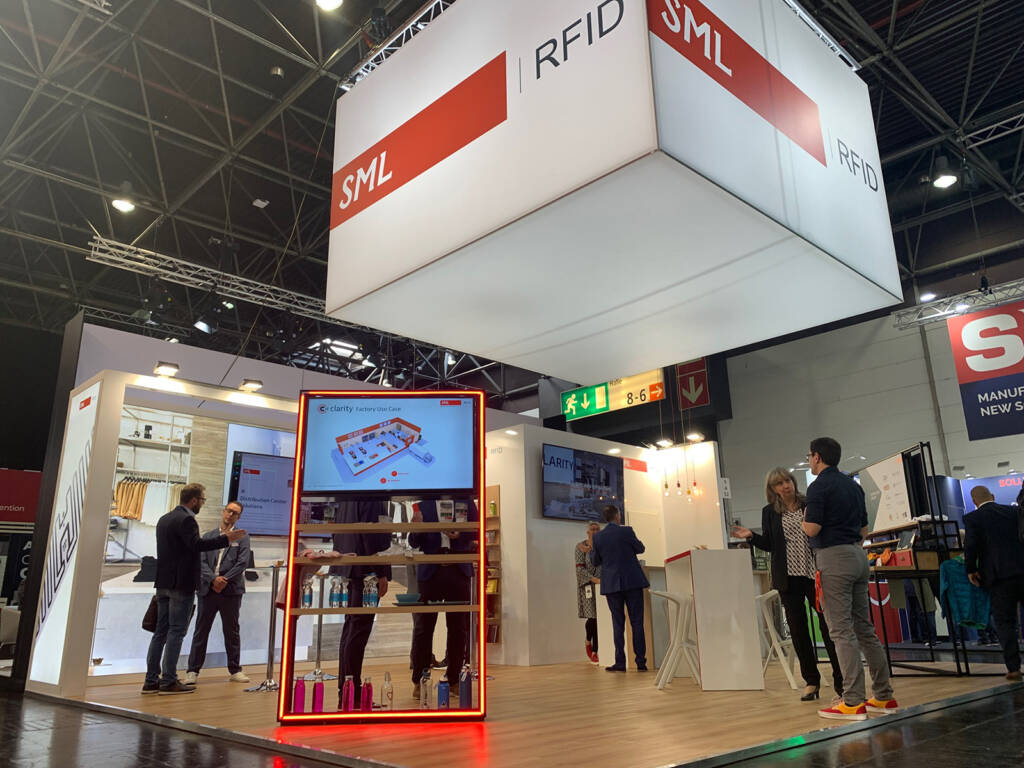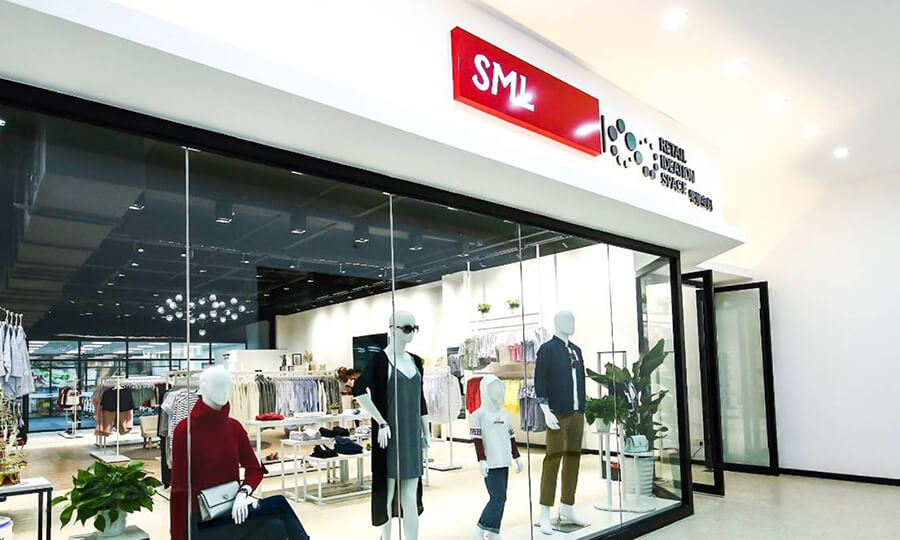Implementing an Effective CSR Strategy for Retail
Consumer needs have evolved significantly within the past decade. Previously, their purchasing decisions would have been driven purely by cost, availability, and convenience. However, the rise of ethically conscious consumers has meant that retailers not only need to be seen as accessible and delivering value, they now need to meet the ethical needs of their customers.
According to Accenture, since the start of the pandemic, 60% of consumers make more environmentally friendly, sustainable, or ethical purchases. As a result, more customers are beginning to pay attention to the overall Corporate Social Responsibility (CSR) efforts of the retailers that they are buying from. Poor CSR policies are now an important factor in purchasing decisions and while CSR was already of growing importance on the boardroom agenda, it has become an even higher priority since the pandemic.
CSR doesn’t only focuses on a range of areas, and speaks towards ethical, economic and environmental practice. The question lies: how can brands and retailers deliver an effective strategy for each area throughout their organizations?
Environmental Responsibility
Retailers should behave in a way that lessens their environmental impact as much as possible through more sustainable solutions. This includes reducing pollution, increasing reliance on renewable energy, and offsetting negative environmental impacts.
Set goals and benchmark progress. With a strategic sustainability plan, retailers can understand their path, track progress and recognize where improvements can be made. In our recently released Environmental, Social and Governance Report, we announced that SML had achieved a record-high percentage in chemical conformance. Although our greenhouse gas (GHG) emissions increased slightly compared with last year, we remain well ahead of the Sustainability Goal target levels.
Focus on the supply chain, and partner with CSR compliant brands. At SML, we focus on developing sustainable products and solutions – such as EcoInspire™ and EcoHanger™ – that contribute to improving the environmental health of our business. Through our enterprise item-level RFID software platform Clarity®, brands are able to prevent excess orders by optimizing their inventory levels, leading to improved supply chain efficiency and reduced materials waste in our community.
Setting an Example
Business Owners should not only focus on their own growth, but they should look to also make the world around them a better place. This can be achieved through a range of climate initiatives. For example, one of SML’s focuses is to explore greener and cleaner energy sources for production. With renewable energy, we are able to reduce our reliance on the electricity grid and lower GHG emissions.
The first solar energy generation system we installed was in Dongguan, China, capable of producing 750,000 kWh of clean energy per yet. Expanding the system in 2021, we have now managed to increase that production by a further 700,000 kWh per year. SML is now planning to create two more solar energy generation systems at our production facilities in China.
Ethical Responsibility
Business Owners must act in a fair and ethical manner, embracing the opportunity to treat all stakeholders equally – from employees to partners.
Upskill and reward employees, while promoting work-life balance.
A happy employee will remain loyal to your business. Through our learning and development programme, we are committed to continuing to empower our employees with the skills, knowledge, and competency that help them enhance their work performance, achieve their professional goals, and prepare for long-term career success. We practice an ‘employee-first’ mindset across all areas of discipline within our business, strongly emphasizing people development.
Prioritize workplace health and safety, and staff work-life balance.
As a people-oriented enterprise, SML attaches great importance to the health and safety of its employees, and we have established comprehensive occupational health and safety policies and related measures to protect the health and well-being of our employees effectively. We are also committed to protecting the health and wellbeing of our staff. We organize a range of employee activities to facilitate a healthy lifestyle and improve employee relations. In fact, some of our production sites are equipped with multiple recreational facilities, including sports grounds, badminton sites, libraries, and medical rooms to take care of the physical and mental health of our employees.
Economic Responsibility
In the final pillar of CSR, retailers should be making their financial decisions based on their ability to meet the above. The end goal should no longer be to maximize profits but to positively impact the world around them.
How can this be delivered? Some organizations have chosen to create a group of leaders, separate to the board of directors, whose primary focus is not on financial performance. Instead, it is dedicated to CSR. Delegated by the Board, SML has established an ESG (environmental, social and governance) Working Group, which consists of a cross-functional group of leaders from across the organization in order to accelerate our progress and advise the Board on ESG issues which include developing sustainability strategies, work plans, goals and targets, evaluating and implementing ESG-related policies and practices, identifying emerging ESG-related risks and opportunities. Etc.
A Sustainable Future
CSR has become a top priority for organizations around the world. With consumers only becoming more conscious of how products are sourced, retailers must now consider the practices being used by their partners all the way through the supply chain.
To find out more about how SML is dedicated to continually improving its corporate social responsibility, download our 2021 Environmental, Social and Governance Report here: https://www.sml.com/resources/environmental-social-and-governance-report/


